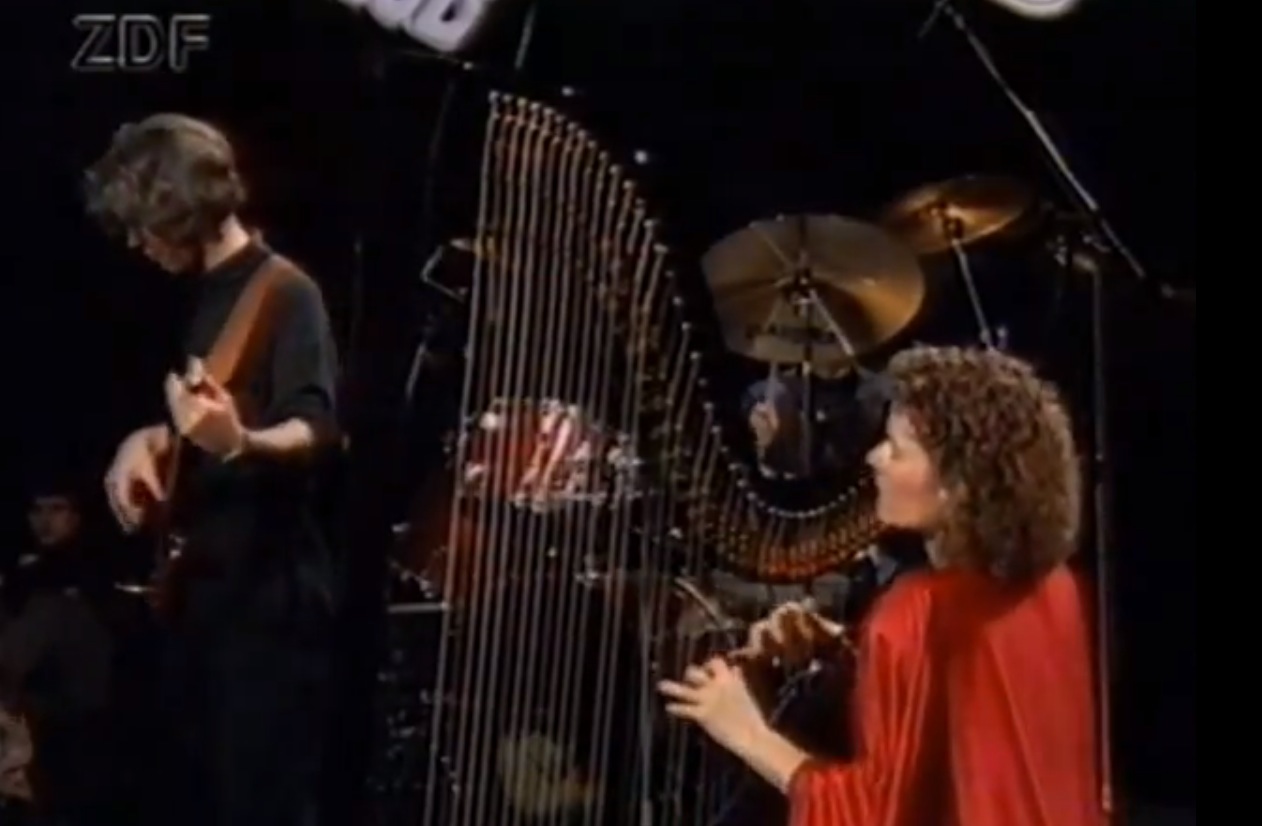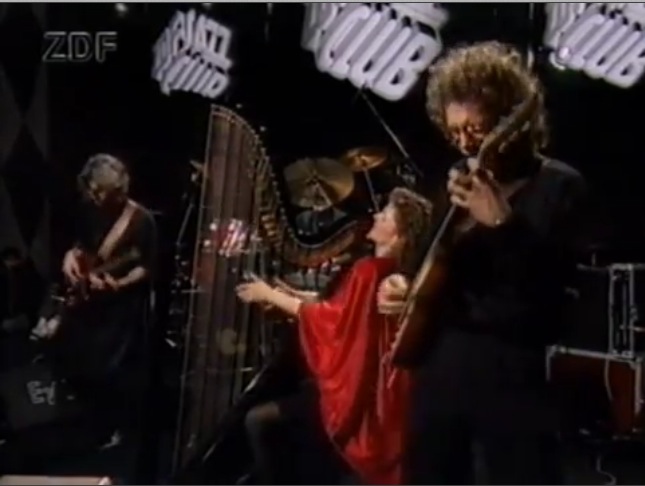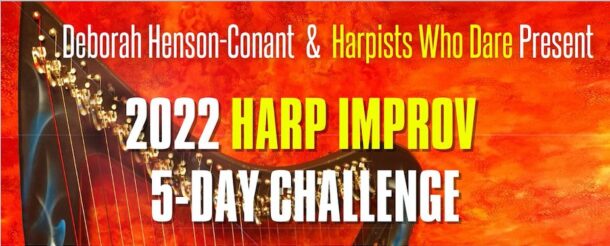Back in the 90’s I was touring Germany with an all-German band (except for me). My German was elementary, and I couldn’t understand 99% of what my band members said.
Wait – let me clarify. I was touring with an all-Bavarian band.
For those who’ve never heard Bavarian, it’s like a combination of thick Southern drawl and Valley-Girl … in German.
One night, a friend of the band, Hans, took me to visit his mother outside Munich. We sat on a picnic bench in the twilight and I told Hans’ mother the story of the 3 Bears, which she listened to as if she’d never heard it. She claimed she hadn’t. I thought they’d actually lived in the Black Forest, which I reckoned to be pretty close to where we were.
It was uproariously funny. I’d never realized how funny. I’d never told the story of the Three Bears to a serious adult listener as an adult teller. And I was telling it in German. And she was listening and responding in German, as if I was telling her a story about three people I knew who happened to be bears. And I understood everything she said. And she me …
(Although it just occurred to me, considering how much she was laughing, that I might not have been telling the story I thought I was.)
But never mind. I was speaking a foreign language and experiencing what felt like true communication – the first moment of communication in German I’d ever felt.
As Hans and I drove back to Munich, I mentioned how odd and wonderful it was that I could understand nearly everything his mother said, and he said, “She’s being very kind to you. She’s speaking very clearly.”
I suddenly realized why I didn’t understand my band members – not because I couldn’t understand German, but because they were committed to speaking their own dialect, even though they knew that made it nearly impossible for me to understand what they were saying. As if it undermined their identity to speak in a way I might understand.
Hans’ mother spoke to me as if I were a child. A foreign child.
And it was a huge kindness.
The kindness of speaking so that people can understand what you’re saying, the kindness of enjoying that limitation, the kindness of dumbing things down and sharing that dumbed-down beauty … is a deep kindness.
Fast forward to 2013.
I have a technical-director-type person on my team – the guy who actually gets my online courses online. He’s a very smart person, kind, honest, dedicated. Knows a lot. Great guy. Love him.
And I can’t understand 90% of what he says.
I’m sure other people can. I can’t.
I keep asking him to ‘dumb down’ what he says to me. To ‘talk to me like an 8-year old.’ To ‘remember that I’m clueless.’
I see him try – he’ll get one or two dumb-downed sentences out and then he slides right back to technical jargon as if it were his native dialect and he couldn’t speak everyday words.
Well … it does take more time to explain things so non-techies can understand. It does slow down your pace. I can believe it’s tough to find a way to so “restricted user access options” so that I would know instantly what you’re talking about.
That’s what Hans’ mother did for me. It is a great kindness to ‘dumb things down.’ To speak to someone in a way they can understand. In a way that doesn’t make them feel stupid.
Because you can dumb things down. And there’s a wealth of revelation down in the dumb.
It’s one thing I love about talking to non-musicians about music. Searching to find common metaphors, to be forced out of the lingo and shorthand musicians use – and to discover what music truly means … outside of musical context.
And what I find – when I work to ‘explain it like I’m talking to an 8-year old’ – is revelation. A window into what something truly is, versus the glib terms I use daily in the music biz or the composer biz. A thing truly on its own, in plain language.
Technical jargon is impressive – no question. Lingo proves you’re in the club.
But dumb … dumb is deep.








Every day I help people with technical issues in which English is their 2nd, 3rd or 4th language.
I have been to countries where no English is spoken and I have had to make do with what I know of their language, and it is truly a humbling experience.
“Dumb down” is an unfortunate phrase, and I’ll admit I use the phrase. It is a colloquial way of saying ‘simplify,’ but the word ‘dumb’ is used in so many contexts, some less kind than others, and some for technical kinds of things e.g., “my router is dumb” – meaning it has no enhanced capabilities. I have a newfound attraction for the word ‘ignorant,’ because it can be used in other than pejorative ways. If I have no experience or knowledge about a topic that someone else has, I am the first to admit, “Yikes, I’m ignorant about this…but willing to learn about it!”
Yikes, Deborah, this is an fascinating topic – and you encountered something that everyone on the planet should encounter – being out of your linguistic safety zone, and having to rely on facial, gestural, and body language to understand a message someone is trying to relay.
Wow, Kevin, I hadn’t even thought about that level of translation, that’s like translation-squared.
I really like your paragraph about ‘dumb down,’ ‘simplify’ and ‘ignorant’ — and the problems with two of them seeming pejorative (and then I just realized that in another age ‘simple’ was also pejorative, I think … I wonder how it achieved the elegance the word has today?)
You, also reminded me of my friend Alex Feldman’s TedX talk about Primal Talk – the art of developing those facial, gestural and body movement aspects of language to be able to express more deeply what you’re saying. You might enjoy watching it: http://www.youtube.com/watch?v=emInsvW6VbQ (The part where he starts talking about the concept of “Primal Talk’ is around 6 minutes 25 seconds and the first part is his physical comedy act).
I agree … this is such an interesting subject – and I’m fascinated by people’s comments on it! Thanks for yours! (DHC)
I volunteered in the Sharon High School for 22 years teaching programming to rank beginners. And I agree that we add so much jargon to our professional vocabularies that it is VERY hard to turn it off for non-techies.
I also strongly object to the term “Dumb Down”, I also object to the title of all the ” for Dummies”. I refuse to call another, obviously intelligent person “Dumb”. Are doctors or lawyers dumb because they don’t save computer jargon? My favorite term for someone who does not speak jargon is “a naive user”, which implies unknowing without implying stupidity.
Dave H.
I love the elegance of “naive user” and agree it would be great to find ever more elegant terms for this mindset which all of us will be encountering more: people who are highly skilled experts at one thing, who are learning something far out of their expertise and who need to be respected both for what they know and also for their ignorance about the technical aspects or details of what we’re expert in.
Ultimately I think it can be a beautiful situation for everyone, because it’s mind-expanding to explain the things we rely on jargon for in everyday terms.
I hope I seem to be ‘getting’ what you’re saying. Thanks so much for your comments!
Great article. I hope the colloquial “dumb down” comes from the original meaning of the word “dumb”. Before it hit the “euphemism treadmill”, it simply and honestly described someone who can’t speak.
So, I could tell the rocket scientist to explain this technical idea to me like *they’re* “dumb”, and they’re choosing only the most essential and simple words that they’d have to spit out, tap out, scratch out, or write furiously on a pad. 😉
Good point, Daniel! Which reminds me of a great friend I have, Alex Feldman, who did his TedX talk recently about “Primal Talk” which is focusing right down on our bodies to speak (the speech part start around 6 minutes 15 seconds: http://www.youtube.com/watch?v=emInsvW6VbQ – before that is about 6 minutes of physical comedy)
What’s also interesting is that your comment illuminated the difference between talking to get your point across to yourself – or a colleague who speaks the same technical language as you — and using whatever shorthand you can to do that as quickly as your mind works. Versus the art of communicating to others who may speak not speak that particular dialect (Hmmm …is that a “dialect?”.) And being able to tell the difference between those situations. Almost like switching languages.
That’s a really interesting point to think about: that switch between languages and understanding when you need to make it. Like, if someone’s hired you to collaborate on something, or fix a problem, why would you speak to them about it in a foreign language?
Thanks so much for the image of the rocket scientist with her pen and pad (and I originally read that as iPad – which would make it even more necessary – for me, at least – to use shorthand).
Thanks! (DHC)
“Hit any key to continue…”
It isn’t always a technical meaning of the words that is the problem. Explain the above error message without the use of a hammer. 8*) Colloquialisms & slang are sometimes so ingrained into the language that you don’t even realize when you are obfuscating the situation. The poor Microsoft Programmer who first programmed that error message has had 50 years of people making fun of his creation and I defy you to come up with a better 25 character error code.
Well, of course, my first thought to use my fist … but I think that says more about me. But you’re so right! Language changes, meanings change, what was once a metaphor becomes accepted as whatever-it-is-you-call-that-thing-that-isn’t-a-metaphor-but-is-actually-the-physical-or-physicalish-thing-but-i-dont-mean-a-noumenon.
We try to explain the ‘virtual’ world with real world terms, and end up in poetry. Or unintentional obfuscation.
Which makes me realize that this problem – and solving it – speaking plainly and clearly – is an art. Which reminds me I have an old book in my library called “The Art of Plain Talk” http://www.amazon.com/Art-Plain-Talk-rudolf-flesch/dp/0020463804
And now I’ll be thinking of a tiny hammer whenever I see “Hit any key to continue…” Or, now that I write it out, I might be thinking of hitting every note of a key simultaneously on a tiny little harp. With a hammer.
Thanks for your perspective on this! (DHC)
Hi Deborah, I’ve spent 30 years in high tech sales and marketing and learned, sometimes the hard way, how to adjust my conversation style and content to be able to communicate with programmers and CEOs alike. To get technical, I think of it as “impedance matching” in audio work.
So when I read this post I empathized and perhaps sympathized and then had a little “aha” I thought you’d appreciate. After the live stream show our friend that came along to be the live studio audience observed that a lot of the online audience seemed to be harp players. She said they asked technical questions that made sense to harpists but not necessarily to those that listen just because they love your musical talent and the way you entertain. This hadn’t occurred to me because I am just musical enough to have understood and appreciated the Q&A (and Judith’s harps here at home give me some context).
Much as computers and online teaching tools have their own language and dialects, so too does music, various instruments and the innovations that happen all the time. How you set your levers and how you colored them is tricky to dumb down to the casual fan (and all the more complicated when the questioner doesn’t need it dumbed down but is part of a larger audience).
I am shooting a corporate video tomorrow with a new client. They hired me because they know everything about their product and their market but not as much about video production. This story is a timely reminder that I need to make sure I speak with the kindness of a Großmutter while I am working with them.
I LOVE the idea of ‘impedance matching’ (though as I write that, I realize it’s only because I kind of know what it means and have struggled with it).
And I love your friend’s observation about the kinds of questions I answered and the way I answered them in the Livestream shows! I had also noticed that the majority of the audience (or at least the most vocal ones) were harp players, but that observation made me realize I should have a kind of ‘canary in the coalmine’ in the room, or cognitive barometer (Oy, now I’m so aware of when I might be using technical or obscure terms). Someone who could raise a hand, or impose a question to help me remember I’m also speaking to people who don’t speak ‘harp’ and translate for them.
And thank you for the point that what I did with my levers (color coding them to basically dumb them down for me), wouldn’t immediately translate to a non-musician. Because I would love to try to figure out how to translate that! I know that if I did, the translation would help become aware of other, similar, helpful things in my life that I haven’t thought of yet, simply because I’ve kept that idea in the part of my mind that’s about solving a brain-to-harp problem.
You’ve given me a lot to think about. This is exciting – thanks so much! (DHC)
You are exactly right, Deborah. It takes time and thought to explain things using a method or terminology that is not familiar to you. I was a teacher of the Deaf for 32 years and was always trying to think of new ways to explain something or other. I would try (not always successfully) to think of at least 5 different ways to explain a concept to my students. All people have a variety of learning styles for various activities or concepts and in that way we are all the same. You truly did make a deep realization and I am so glad you are sharing it so others will see the light. Thanks!
Brenda – I really love the idea of trying to think of at last 5 different ways to explain a concept. I want you to be my teacher!!!!! (DHC – 4/23/13)
Surely you must encounter this in teaching. When I taught a class of 20 students I found 15 different ways for them to “internally image” what I was saying. I always found that drawing pictures of what concepts I could really helped.
Dave H.
Yes Dave! That’s actually the first thing I ask my online students to do: to draw a picture of the musical structure we’re working with. And I couldn’t agree more! Pictures, even as codified as flowcharts or mockups – all those are great!
For me explaining is not about finding ways/words to make the other one fully understand what you’re saying, it’s about finding ways/words to trigger his/her own creativity so that he/she finds words or pictures or whatever to turn a foreign language/topic into a part of themselves; and may find new ways to express themselves. What I love about foreign languages is when you hear a new word you are given the chance to give its meaning your very own coloring (nearly uninfluenced by anyone) – you put a little piece of your very own personality into the foreign language – that’s why I feel I can express myself better in English than German (though I’m native German) – A part of myself lives in this foreign language… That’s what I also try with technical language or any other lingo…
A perfect example for my theory: “Not understanding enables us to BE”
🙂
This brings up a very interesting point – about the difference between language for self-expression (or even as performance – and I mean that positively) and language for giving information — something I’d like to do a lot more thinking about, in both areas!
Hi Deborah,
Not everyone can “dumb down”… You really need to be sure about the things you say… Tech talk sounds like you know what you’re doing. But you’re exposing what you really know about things when speaking “Jip en Janneke taal” (dutch for understandable language). It’s like being naked in a town square… It takes a higher level of understanding to explain things and an even higher level to explain things in common language… Not to mention confidence and courage… I ask my students to explain things this way, to see what they really know… My wicked witch makes me do this, and I love it… But I know how embarassing it is, to be so exposed… I think that’s why people stick to tech talk… I love it when people have the courage to speak simple about complex stuff!
Well-said, Nelleke!